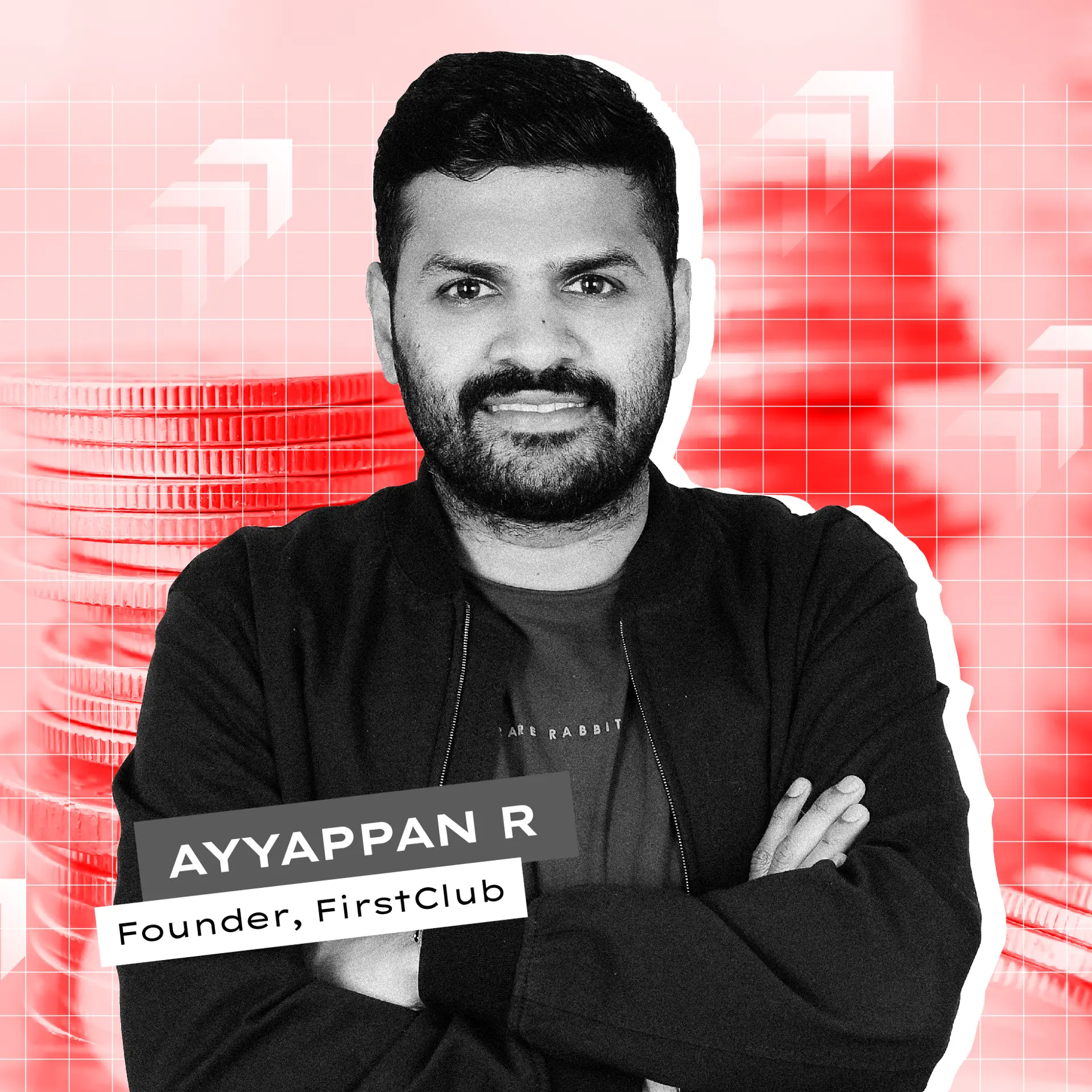Meet the speakers of Challenge Future Summit : Helmut F. Karner and Marta Kos Marko
Monday April 26, 2010 , 5 min Read
The mission of Challenge:Future, not-for-profit consortium, is to develop, organize and manage incentivized competitions »Challenge: Future« with the aim to connect creative young students, schools, innovative companies and ideas from around the globe.
The initiative's vision is to foster the ideas and innovative solutions for world's sustainable future, to attract and incentive talented youth and to disseminate knowledge. Challenge: Future is envisioned as the world's largest youth collaborative contest that creates a virtual forum that connects corporate and global challenges with the power of student-driven innovation based on sustainability principles. Using the power of Web 2.0 technologies, Challenge: Future invites groups of students from universities and schools throughout the globe to develop solutions to specific sustainability challenges.The Challenge Future Summit will be held from May 14th to May 18th in Slovenia.
Helmut F. Karner at the C:F Summit
The Future of Business and Technologies – The Future of a Connected World
We still behave as we were in the middle of the Industrial Economy. The main management systems in use today are more than one hundred years old. The main organization principles in use today stem from Adam Smith, 1776. But in the meantime the economic eras have shifted from Industrial Economy to Information/Knowledge Economy and towards the Molecular Economy. And globalization (better: regionalization) has made it possible for everybody to do business wherever it is best done: close to the markets of consumption, and where the knowledge and infrastructure of the region fits best.
And technology has made the biggest leap in the past 20 years. Although technology was the biggest disabler (!) of productivity change in the past decades, it will now start to change the way how business can be done forever. Although legions of corporate fundamentalists try to defend their outdated business models against innovation, the tipping point will be reached soon.
Thanks to the financial crisis, a “Reset Economy”, a “New Normal”, “Game Changing” are going to happen. Nothing will be the same when the crisis will be over, having left major damage to business, to citizens, to the society (unfortunately not to financial institutions).
New forms of collaborative networks like Enterprise 2.0, COINs (Collaborative Innovation Networks) and “Wikinomics” (© Don Tapscott), Open Business Models will take over.
And thanks to You, Challenge:Future Generation (also called the “Facebook Generation” versus the “Fortune 500 Generation “) this is now definitely going to happen! I am looking forward to it!
About Helmut F. Karner

Professor Helmut Karner shares his time between management education projects, management consultancy, and university lecturing, while contributing to the leading Austrian think-Tank "Föhrenbergkreis".Born in 1947 in Baden, Lower Austria, professor Karner studied Technical Mathematics and Computer Science at the Technical University of Vienna, and later continued his education in management at Harvard Business School, IMEDE Lausanne.
Karner's first employment was in Austro Olivetti, Vienna where he worked as Systems Engineer for Data Base/Data Communication Systems and Software Director. In 1979 he took the position of European General Manager in Northern Telecom Inc. (now Nortel Networks). He continued his career as Managing Director first at Austro Olivetti, Vienna and afterwards at Olivetti International Education Centre, London, U.K.
Professor. Karner shares his knowledge at Danube University Krems where he works as a Visiting Professor in the fields of telecommunications, new media and digital economy. In 1998 he became Dean and Managing Director at Polytechnic University Salzburg (Techno-Z-Fachhochschule) for Information Economy. Since 2004, Helmut considers himself a ‘portfolio worker,’ splitting his time between a number of projects and initiatives.
Marta Kos Marko at the C:F Summit
What it takes to succeed: Developing Presentation and Communication Skills
Is it true that the first impression is everything? Can we spoil our appearance just by one wrong gesture? Can we be successful without knowing the basics about good presentation and communication skills? What are the most influencing elements we can use to improve our impact?
The knowledge is important, the personality is important, our competences are important. But that’s not enough to reach the excellent results. Everything is about how we influence. The truth is, when we want to make a good impression no detail is too small. No amount of the preparation is too much. No word choice is unimportant. The blouse we wear, the lipstick we use, the tie we put on – everything counts!
Is a good, passionate presentator born or made? A tough question - but everything is possible. We just have to know: how does it work? Therefore we have to learn it. As we learn a foreign language, as we learn how to behave and as we learn how do we solve the mathematical equation. Don’t count on the wrong attitude: “Oh, no problem, I will manage it somehow.”
It takes more to become a champion!
About Marta Kos Marko

Starting her career as a journalist at the sports section of the national television station she moved to Germany in 1990 to work for Deutsche Welle radio station in Cologne and in 1993 she became the first correspondent for RTV Slovenia in Germany.She was appointed Director of the Republic of Slovenia’s Public Relations and media Office and government’s spokesperson in 1997. She was President of the EXPO National Counsel, responsible for all Slovenian appearances at the World expositions. She managed the communications program of informing the Slovene public about the European Union and Slovenia’s integration into the EU and also the communications program about Slovenia’s way into the NATO.
From 1999 to 2003 she worked at the Chamber of Commerce and Industry of Slovenia. She started as a head of the President’s Office. In January 2000 she was appointed Vice-President, responsible for the international economic relations. Under her leadership CCIS started to develop help program for the Slovene Companies on the way into the EU. During her time CCIS also established a net of foreign chamber offices in Southeastern Europe (Belgrade-Serbia and Montenegro, Sarajevo-Bosnia and Herzegovina and Pristine-Kosovo).
In 2003 Marta joined Gustav Käser Training International Slovenia. Since then she’s been three times among top 5 trainers in the world, in 2007 she ranked Nr. 2. And in the 2008 and 209 Nr. 1.






